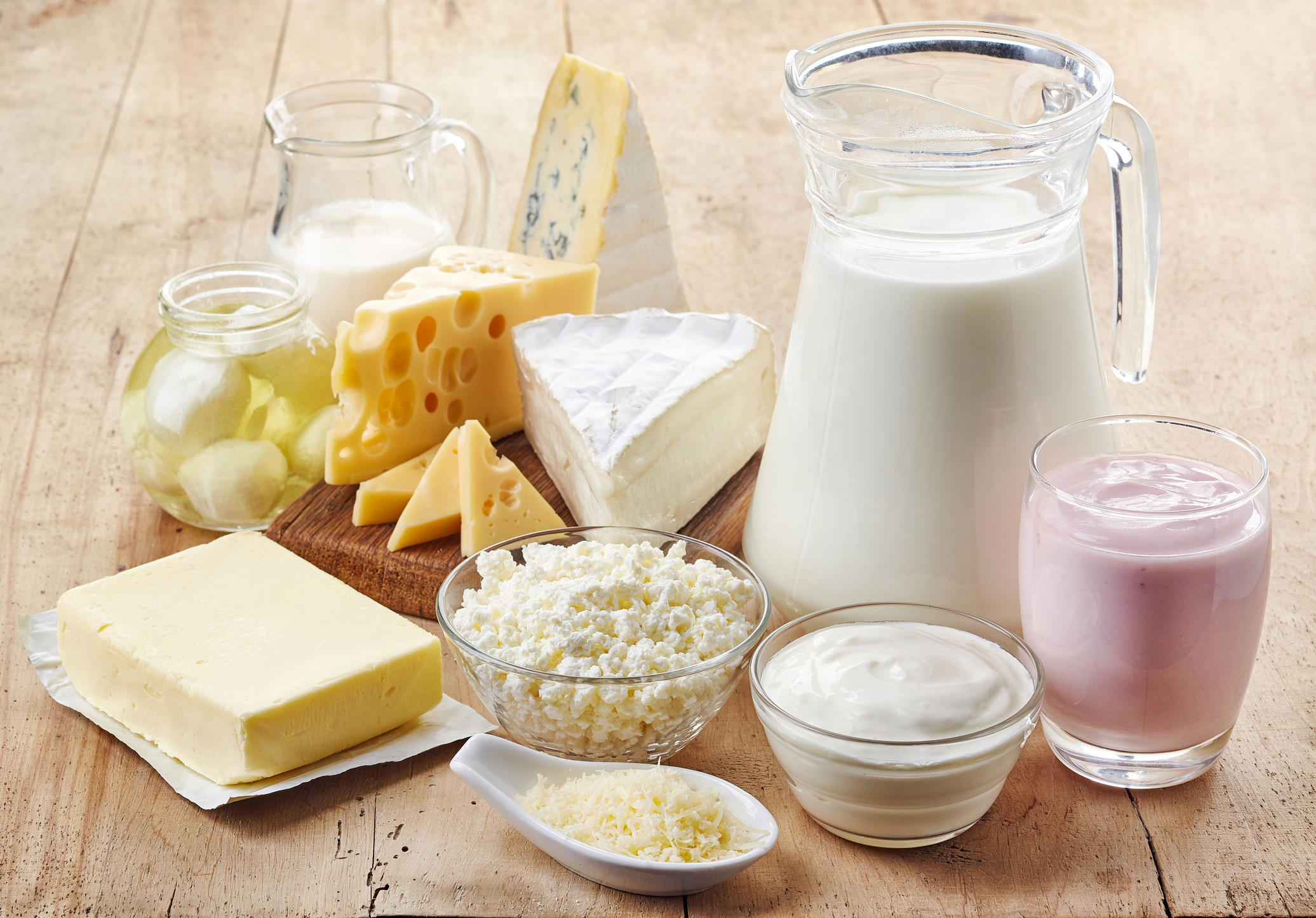Milk and yogurt are both rich sources of calcium, which is essential for building strong bones. They also contain protein, vitamin D and potassium — all of which are important for men’s health.
Yogurt is made by fermenting lactose, the natural sugar in milk, with bacteria that convert it to lactic acid. This process makes the tangy flavor and texture of yogurt possible.
High in Protein
Increasing your protein intake is crucial for maintaining muscle mass, building strength, improving appetite, and supporting overall health. バイアグラジェネリック can also help regulate your blood sugar levels and reduce the risk of heart disease, diabetes and cancer.
While many people choose to add protein powders to their meals, eating whole foods is often the best way to get adequate amounts of this key nutrient. In addition to providing essential amino acids, proteins in whole foods are more satiating and can be easier for your body to digest than protein powders.
One study found that consuming high-protein foods may prevent weight gain and lead to a higher level of peptide YY, which makes you feel full longer. This effect is especially important if you’re trying to lose weight and keep your metabolism on track.
Another important benefit of milk and yogurt is that they contain probiotics, which are good for your digestive system. These bacteria help to balance the amount of good and bad bacteria in your intestines, and they can even aid in healing leaky gut syndrome.
The bacteria in dairy products also improve your immune system. Dairy foods are also a good source of calcium, which is an essential mineral for men’s health.
According to an article publish in the American Journal of Clinical Nutrition, drinking milk or eating dairy products like cheese and yogurt can reduce your risk of developing type 2 diabetes, cardiovascular diseases and some forms of cancer. In fact, a 2015 report publish in the journal Medicine & Science in Sports & Exercise show that people who consume more dairy were significantly less likely to develop these conditions.
Low in Fat
Low in fat milk and yogurt are a good choice for men, and have many benefits. They are high in protein, calcium and vitamin D. They can also help to reduce your risk of heart disease, bone loss and obesity.
If you are overweight, consuming yogurt may be an effective way to lose weight. Yogurt is an excellent source of protein, which can help you feel full for longer and maintain lean muscle mass. In addition, it can help you maintain a healthy weight and prevent the development of type 2 diabetes.
One study found that men who consume low-fat yogurt over the course of five years had a lower BMI, lower blood pressure and a decrease risk of high cholesterol. These benefits could be due to the sphingolipids that are found in dairy products.
Learn about wellhealthorganic.com:ayurveda-dinner and wellhealthorganic.com/how-to-build-muscle-know-tips-to-increase-muscles
Moreover, yogurt is rich in fiber, which can help reduce your risk of obesity by slowing your appetite and regulating blood sugar levels. It can also be a great source of probiotics, which are good for your digestive system and can improve your immune system.
Another health benefit of yogurt is that it can increase your HDL (good) cholesterol, which is known to reduce your risk of heart disease. It may also decrease your risk of stroke.
The best way to get your daily recommend amount of dairy is to consume it as part of a balance diet. This includes foods that are low in saturate fat, such as whole milk, skim milk, and cheese.
Good Source of Calcium
Milk and yogurt are both good sources of calcium, the mineral that helps build and maintain bones. This nutrient also plays a vital role in the health and function of nerves and muscles. Despite its importance, many Americans are not getting enough calcium in their diets.
Adults should consume at least 1,000 mg of calcium each day to help support healthy bones, teeth and muscle. People at different life stages need greater amounts of calcium, including young children, teenagers and postmenopausal women.
The best source of calcium is dairy foods, which include milk, cheese and yoghurt. You can also get calcium from fortify foods like some plant-base milks (such as soy and almond milk) and breakfast cereals.
Yogurt is a great source of calcium, with a single cup providing 34% of the DV. It also contains a number of other important nutrients, including vitamin D and potassium.
Sardines and can salmon with bones are another high-calcium food option, with 3 ounces of each pack with 19% of the DV. These are good sources of protein, too.
Vegetables are a great source of calcium, too. Green leafy vegetables, such as kale, broccoli and spinach, are particularly rich in the nutrient.
Fruits aren’t as high in calcium, but some juices are fortify with it. A cup of fortify orange juice has more than a glass of milk, while ready-to-eat breakfast cereals can provide up to 200 mg in one serving.
If you’re looking for a calcium-rich snack, consider almonds or other nuts and seeds. These can be eaten plain or add to cereal, salads, granola and more. They are also a good alternative to chocolate and other sweet treats.
Good Source of Vitamin D
Milk and yogurt are a good source of vitamin D, which plays a variety of important roles in the body. One of the most well-known is boosting calcium absorption. But it also aids in the metabolism of phosphorus and magnesium, boosts immunity, helps maintain healthy bones and teeth, and may reduce your risk of certain cancers.
Vitamin D is a fat-soluble vitamin that can be produce in the skin when ultraviolet (UV) rays from the sun strike it. It’s also found in some foods and dietary supplements.
The best sources of vitamin D are fatty fish, such as salmon and tuna, and vitamin D-fortifies milk and cheese. Egg yolks and mushrooms also contain small amounts of the nutrient.
However, most people aren’t getting enough of it through their diets. A person who is deficient in vitamin D can develop rickets in children and osteomalacia in adults, both bone diseases that can lead to fractures.
Fortunately, most milk producers voluntarily fortify their products with vitamin D. The amount varies among different brands, so check the label.
Learn about wellhealthorganic.com:which-is-better-hot-water-or-cold-water-bath and wellhealthorganic.com:blueberry-brain-boosting-benefits
In addition to dairy, orange juice and eggs are also good sources of vitamin D. One 8-ounce glass of fortify orange juice contains about 100 international units (IUs), while one egg has around 25 IUs.
Men should consider taking a supplement containing vitamin D if they don’t get enough in their diets. This nutrient has many benefits for men, including helping to keep bones strong and supporting prostate health. It also improves mood, muscle tone and sperm production. It can also reduce the risk of developing certain diseases, such as prostate cancer and Alzheimer’s disease. If you’re concerne about your levels, talk with your doctor or register dietitian nutritionist about which dietary supplement might be right for you.
Good Source of Fiber
Fiber in milk and yogurt helps prevent constipation, bowel cancer, haemorrhoids, and diabetes. Genericmeds Treatment also helps control blood glucose levels and lowers cholesterol. High-fibre foods include fruits, vegetables, beans, lentils, and whole grains such as oats. They’re filling, low in calories and help with weight loss.
Research has shown that people who consume a lot of fiber have an inverse relationship with all-cause mortality. This includes men and women with coronary heart disease, stroke, or other health conditions. Eating a high intake of fiber can also reduce your risk for certain health problems like obesity and prostate cancer. These health benefits are especially important for men since they face a greater risk of these diseases than women. So, make sure to keep some yogurt and other high-fibre foods on hand to help your body thrive.





